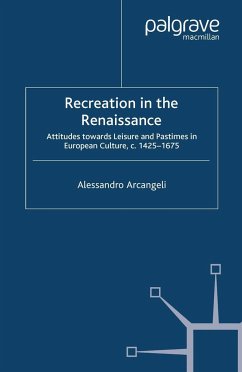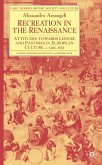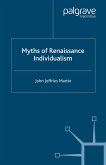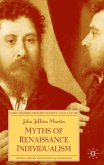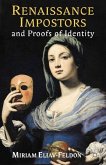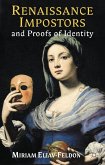In Renaissance Europe, when 'leisure classes' used social gathering to define civility and the commercialization of leisure was beginning, the human need for recreation became a cultural topos. The book explores the vocabulary of play and games; the spectrum of leisure activities, often gender-specific or appropriate to particular social groups; the medical discourse on the preservation of health, where amusements were assessed as physical exercise; the moral approach to play; legal treatises on gambling; and the visual representation of leisure.
'An original, learned, lucid and accessible study that should be essential reading for students of the history of sport, leisure and the Renaissance.' - Professor Peter Burke, University of Cambridge
'In this elegant and wide-ranging book, Alessandro Arcangeli sets medical exercise among other types of recreation discussed by European writers during the long Renaissance.' - Vivian Nutton, Medical History
'In this elegant and wide-ranging book, Alessandro Arcangeli sets medical exercise among other types of recreation discussed by European writers during the long Renaissance.' - Vivian Nutton, Medical History

